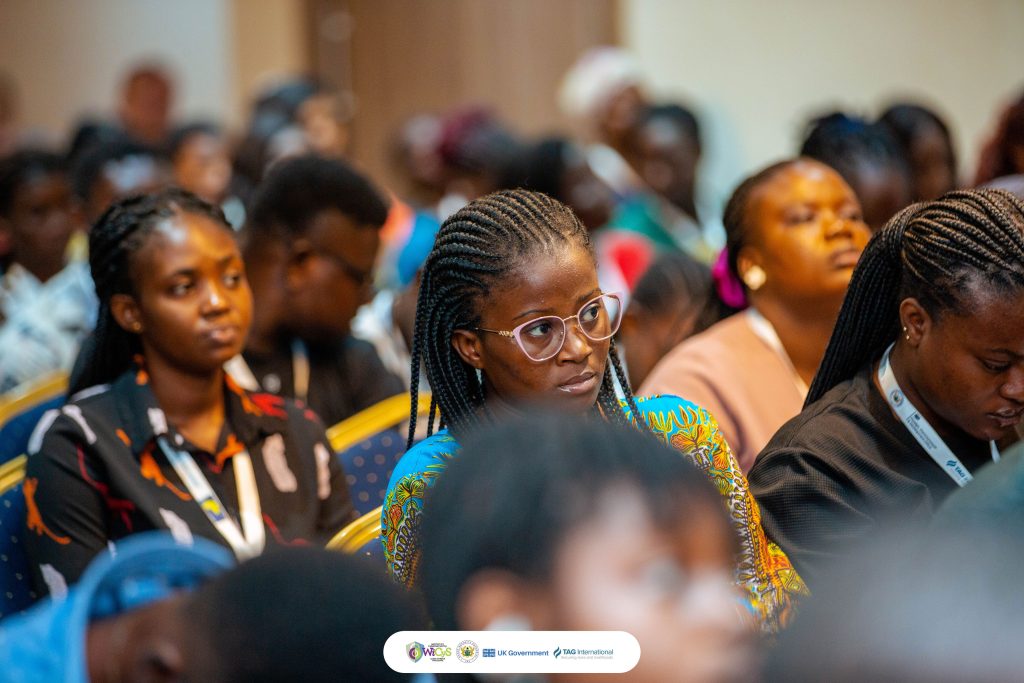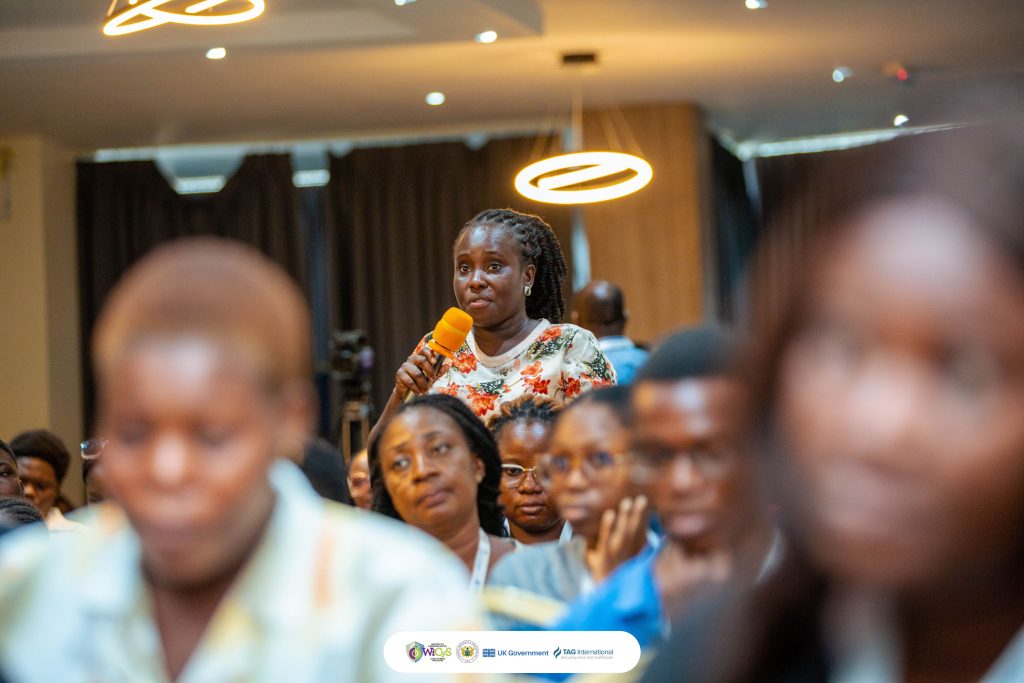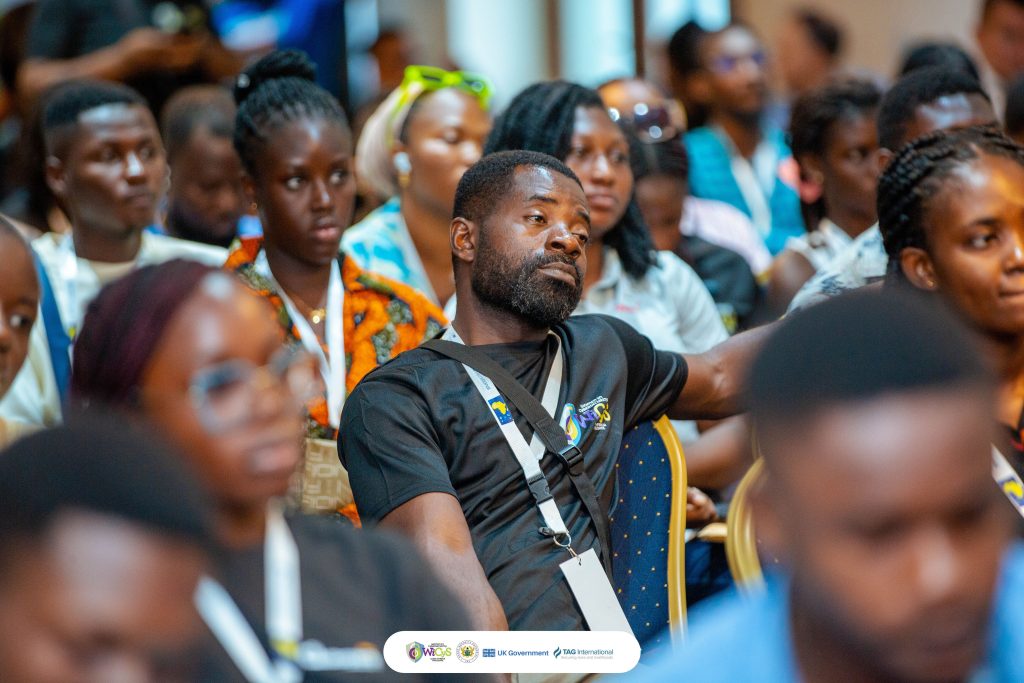By Eric Appah Marfo
Accra, Nov. 1 GNA- Madam Karen Allen, a former BBC Foreign Correspondent, Thursday urged journalists to fact-check online information to verify its authenticity before publishing.
“I encourage journalists to go back to basic real-world journalistic principles. Pick up the telephone, ring your sources, and check whether what is being claimed is in fact true. Also, be very careful about inadvertently amplifying content.
“We may see something that we know is patently not true. It might be funny, or it just might be something that piques our curiosity. But by sharing it, you might be inadvertently amplifying a message that could have negative real-world consequences,” she said at a workshop on Social Media Fact Checking workshop in Accra.
The two-day event was organized by the Women in Cybersecurity (WiCyS) West Africa Affiliate in partnership with the Cybersecurity Authority (CSA) and supported by TAG International through the UK Government’s FCDO Africa Cyber Programme.

The initiative is part of the CSA’s Cybersecurity Awareness Month 2024. It was on the theme “Combating Misinformation and Disinformation in a Digitally Resilient Democracy – Our Collective Responsibility.”
The workshop brought together cyber experts, journalists, civil society organizations, non-governmental organizations, and small and medium-sized enterprises to develop critical skills in identifying misinformation and enhancing cyber resilience.
Madam Allen explained that misinformation referred to the spread of inaccurate information, while disinformation involved the intentional dissemination of false information.
She noted that disinformation campaigns were often homegrown and urged citizens to refrain from spreading false information, as it could create tension in the lead-up to the December polls.
“People make decisions based on the information they receive and information that is not authentic, not truthful and spread in a way that is not organic. What I mean by that is various engagement techniques are used to make sure that it is amplified at scale and speed. It has real-world consequences. It has consequences for elections,” she said.
Madam Allen praised fact-checking organizations such as Dubawa and Africa Check for their diligent efforts in debunking false information.
The participants committed to promoting cybersecurity awareness within their communities.
They also pledged to apply the knowledge gained from the workshop to enhance their safety and security while using the internet.
Women in CyberSecurity (WiCyS) is a non-profit organization focused on the recruitment, retention, and advancement of women in the cybersecurity field.
Established in 2012 with a grant from the National Science Foundation to Tennessee Tech University, WiCyS (pronounced “Wee-Sis”) was founded by Dr. Ambareen Siraj, who transformed it into a vibrant community of women and supportive men from academia, industry, government, and research.

The organization aims to enhance diversity and build a robust pipeline in the cybersecurity workforce through various initiatives, collaborating with strategic partners and a dedicated group of volunteers.
WiCyS West Africa is an affiliate of the larger WiCyS organization, aimed at bringing together passionate women and cybersecurity enthusiasts to celebrate and nurture their interest in the field.
Based in Ghana, the affiliate plans to expand its reach to several West African countries, including Nigeria, Togo, Benin, Côte d’Ivoire, Liberia, Senegal, and Sierra Leone.
Their mission is to further the global WiCyS goal of promoting inclusion and growth for women in cybersecurity.
WiCyS West Africa actively seeks to collaborate with exceptional women in the region, striving to become the premier resource for women currently in the cybersecurity industry or those aspiring to join it.

GNA